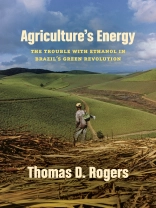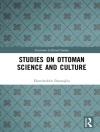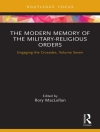Thomas D. Rogers’s history of a modernizing Brazil tracks what happened when a key government program, created in the 1970s by the nation’s military regime, aspired to harness energy produced by sugarcane agriculture to power the country’s economy. The National Alcohol Program, known as Proálcool, was a deliberate economic strategy designed to incentivize ethanol production and reduce gasoline consumption. As Brazil’s capacity grew and as international oil shocks continued, the regime’s planners doubled down on Proálcool. Drawing financing from international lenders and curiosity from other oil-dependent countries, for a time it was the world’s largest oil-substitution and renewable-energy program.
Chronicling how Proálcool experimented with and exemplified the consolidation of government, agribusiness, large planters, agricultural and chemical research companies, and oil producers, this book expands into a rich investigation of the arc of Brazil’s Green Revolution. The ethanol boom epitomized the vector of that arc, but Rogers keeps wider development imperatives in view. He dramatizes the choices and trade-offs that ultimately resulted in a losing energy strategy, for Proálcool ended up creating a large contingent of impoverished workers, serious environmental degradation, and persistent hunger. The full consequences of the Green Revolution–fueled consolidation continue to take a toll today.
Circa l’autore
Thomas D. Rogers is Arthur Blank/NEH Chair in the Humanities and Humanistic Social Sciences and associate professor of Latin American history at Emory University. He is the author of The Deepest Wounds.












